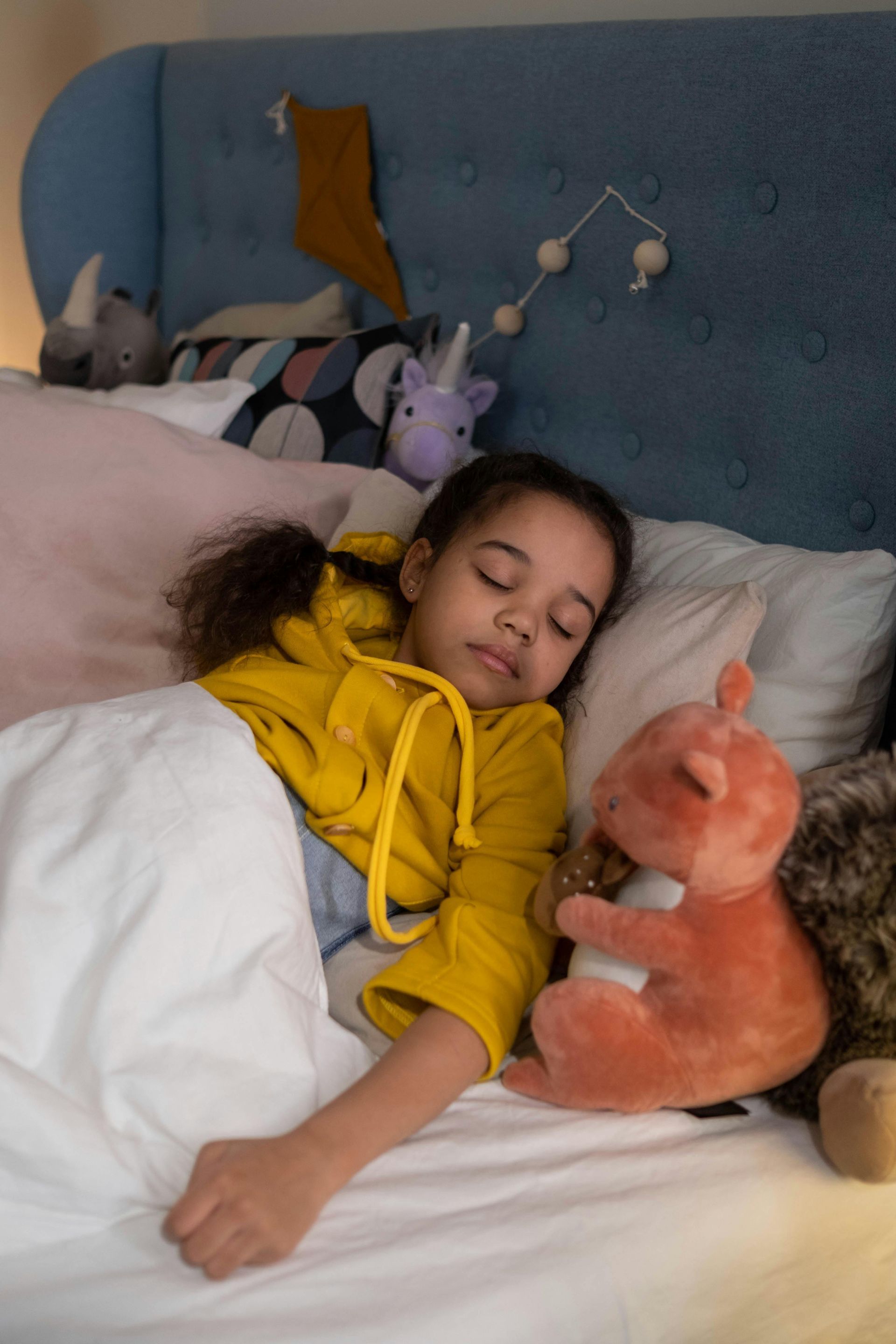How Many Hours of ABA Therapy Will My Child Require?
How Many Hours of ABA Therapy Will My Child Require?

When a diagnosis of autism is made for your child, the doctor will likely suggest an evidence-based behavioral treatment such as Applied Behavior Analysis. An ABA specialist will be able to tailor an ABA treatment plan just for your child. One part of this plan is determining the extent of intervention required.
An ABA therapist will factor in the severity of the diagnosis, your child's educational support system, and whether or not complementary treatments are being used in conjunction with ABA therapy in order to calculate a target number of hours of weekly therapy. In certain cases, a child could require up to 40 hours of ABA therapy each week.
A solid treatment plan will include clear, measurable goals and specific steps to reach those goals. If a goal proves to be too difficult for the time being, the therapist will monitor and adjust. Since ABA is based upon a child’s unique needs, goals and action plans can be fluid. It should be assumed that since individual needs vary widely, the length of therapy sessions and number of sessions required per week will likewise vary. In addition, availability and distinct needs each play a role in determining the precise protocol your child’s therapy will follow.
An overall treatment plan commonly lasts from one to three years. This is usually based on the child's age and the severity of their autism diagnosis. The DSM-5 delineates three levels of severity:
● Level 1: Requiring Support - This level is the mildest or least severe. Individuals may have some challenges with communication and social skills. Inflexibility, struggles with organization and planning may be present. With appropriate interventions, individuals at this level often lead well-adjusted lives.
● Level 2: Requiring Substantial Support - At this level, difficulties with communication, social interaction, and inflexible behaviors impact work, education, and relationships. Even with support, these individuals might have limited social engagement, communication difficulties, intense interests, and outbursts.
● Level 3: Requiring Very Substantial Support - Beyond behavior therapy, medical interventions such as physical and occupational therapy are necessary. Motor skills and neurological issues necessitate caregiver assistance at this level of autism.
Children diagnosed at Level 1 might only need one or two therapy sessions each week, particularly if parents or school-based professionals can collaborate with the therapist to apply ABA practices outside of sessions. Conversely, Level 3 children might require up to 40 hours of ABA therapy each week, often alongside enrollment in a specialized education program.
Although this treatment regimen can be intensive, ABA therapy often gradually reduces in intensity over time until many children no longer require therapy. It is vital to adhere to the therapist's recommended duration for the child's treatment. ABA has a track record of enhancing countless lives of individuals with autism, and those who adhere to the most intensive treatment plans tend to achieve better outcomes.
Positive Reinforcement offers in Home ABA Therapy in Richmond Virginia, North Virginia, West Virginia and surrounding areas..










